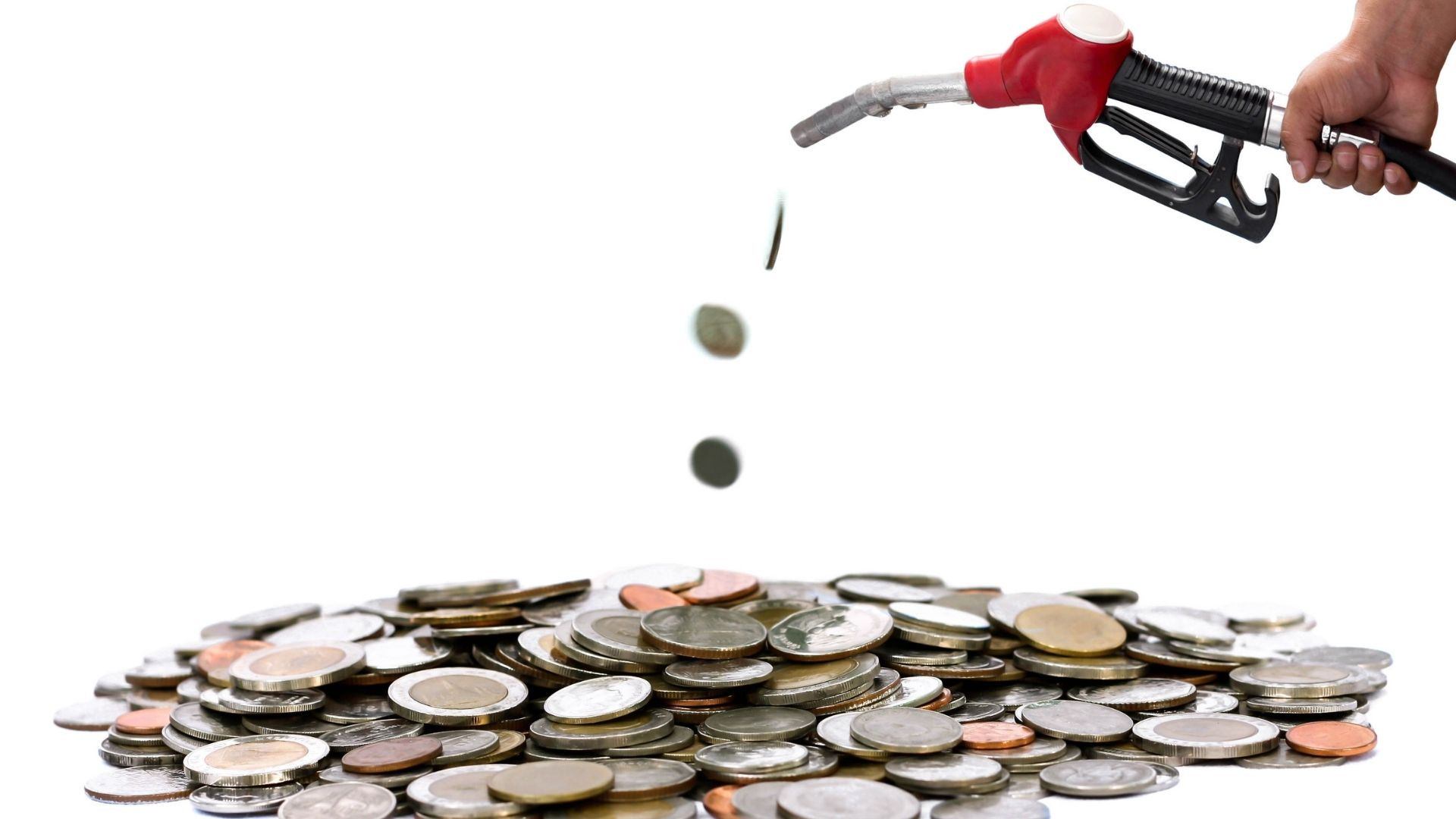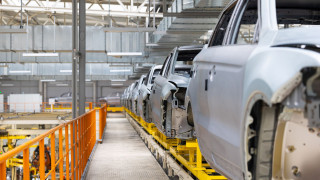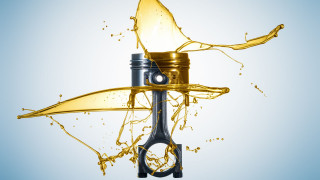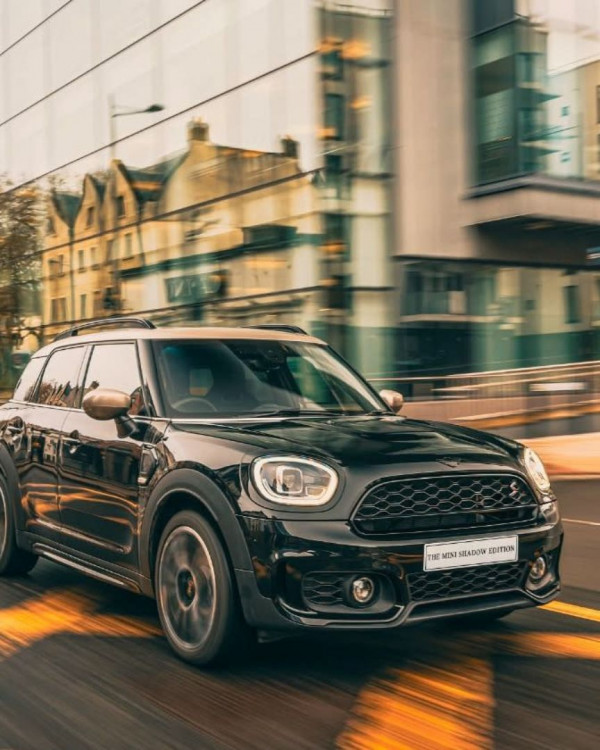
As fuel prices continue to rise, saving fuel has become a top priority for many drivers. While manual transmissions are known to be more fuel-efficient than automatic transmissions, automatic transmissions have become increasingly popular in recent years due to their ease of use. Fortunately, there are still several ways to save fuel when driving an automatic car. In this article, we will discuss the top 7 fuel-saving tips for automatic car drivers, which can be used by manual car drivers as well.
Drive at a steady pace
 Maintaining a constant speed is one of the most effective ways to save fuel. Sudden acceleration and hard braking waste a lot of fuel, so try to drive smoothly and avoid unnecessary changes in speed. One way to achieve this is by using cruise control when driving on the highway. However, keep in mind that cruise control may not be suitable for all driving conditions, such as in heavy traffic or on winding roads.
Maintaining a constant speed is one of the most effective ways to save fuel. Sudden acceleration and hard braking waste a lot of fuel, so try to drive smoothly and avoid unnecessary changes in speed. One way to achieve this is by using cruise control when driving on the highway. However, keep in mind that cruise control may not be suitable for all driving conditions, such as in heavy traffic or on winding roads.
Keep your tires properly inflated
 Underinflated tires can increase your car's fuel consumption because they create more rolling resistance. Make sure to check your tire pressure regularly, at least once a month, and keep your tires inflated to the recommended pressure. You can find the correct tire pressure in your car's owner's manual or on a sticker inside the driver's side door. Overinflating your tires can also be harmful to your car's handling and tire wear, so make sure not to exceed the recommended pressure. Check out our article on Tire Care Tips.
Underinflated tires can increase your car's fuel consumption because they create more rolling resistance. Make sure to check your tire pressure regularly, at least once a month, and keep your tires inflated to the recommended pressure. You can find the correct tire pressure in your car's owner's manual or on a sticker inside the driver's side door. Overinflating your tires can also be harmful to your car's handling and tire wear, so make sure not to exceed the recommended pressure. Check out our article on Tire Care Tips.
Avoid excessive idling
 Idling can be a major waste of fuel, especially in traffic or at drive-throughs. If you are going to be parked for more than a minute, turn off your engine. This will not only save fuel but also reduce emissions and prevent unnecessary wear and tear on your engine.
Idling can be a major waste of fuel, especially in traffic or at drive-throughs. If you are going to be parked for more than a minute, turn off your engine. This will not only save fuel but also reduce emissions and prevent unnecessary wear and tear on your engine.
Use the right fuel
 Make sure to use the correct type of fuel for your car. Using a higher-octane fuel than your car requires will not improve performance or fuel economy, but will waste money. Check your car's owner's manual to determine the recommended fuel type and octane rating. Using a lower octane fuel than recommended can cause engine knocking or damage.
Make sure to use the correct type of fuel for your car. Using a higher-octane fuel than your car requires will not improve performance or fuel economy, but will waste money. Check your car's owner's manual to determine the recommended fuel type and octane rating. Using a lower octane fuel than recommended can cause engine knocking or damage.
Reduce unnecessary weight
 The heavier your car, the more fuel it will consume. Remove any unnecessary items from your car, such as heavy tools or luggage, to reduce weight and improve fuel efficiency. Also, avoid carrying more passengers than necessary, as each additional passenger adds weight to the car and increases fuel consumption.
The heavier your car, the more fuel it will consume. Remove any unnecessary items from your car, such as heavy tools or luggage, to reduce weight and improve fuel efficiency. Also, avoid carrying more passengers than necessary, as each additional passenger adds weight to the car and increases fuel consumption.
Plan your trip
 Planning your trips in advance can help you avoid traffic and reduce fuel consumption. Use a GPS or map to find the most direct route to your destination and avoid unnecessary detours. Also, try to combine multiple errands into one trip to reduce the total amount of driving you need to do. Check out our article on things to take care when heading out on a road trip.
Planning your trips in advance can help you avoid traffic and reduce fuel consumption. Use a GPS or map to find the most direct route to your destination and avoid unnecessary detours. Also, try to combine multiple errands into one trip to reduce the total amount of driving you need to do. Check out our article on things to take care when heading out on a road trip.
Maintain your car
 Regular maintenance is essential for keeping your car running efficiently and reducing fuel consumption. Make sure to have your car serviced regularly, as recommended in the owner's manual. Routine maintenance tasks such as oil changes, air filter replacements, and spark plug replacements can significantly improve your car's fuel efficiency. Also, make sure your tires are rotated and balanced regularly to ensure even wear and improve fuel efficiency.
Regular maintenance is essential for keeping your car running efficiently and reducing fuel consumption. Make sure to have your car serviced regularly, as recommended in the owner's manual. Routine maintenance tasks such as oil changes, air filter replacements, and spark plug replacements can significantly improve your car's fuel efficiency. Also, make sure your tires are rotated and balanced regularly to ensure even wear and improve fuel efficiency.
By following these fuel-saving tips, you can improve your car's fuel economy, save money, and reduce your impact on the environment. Remember to drive smoothly, keep your tires properly inflated, avoid excessive idling, use the right fuel, reduce unnecessary weight, plan your trips, and maintain your car regularly.

















Your comment will be verified by admin before going live